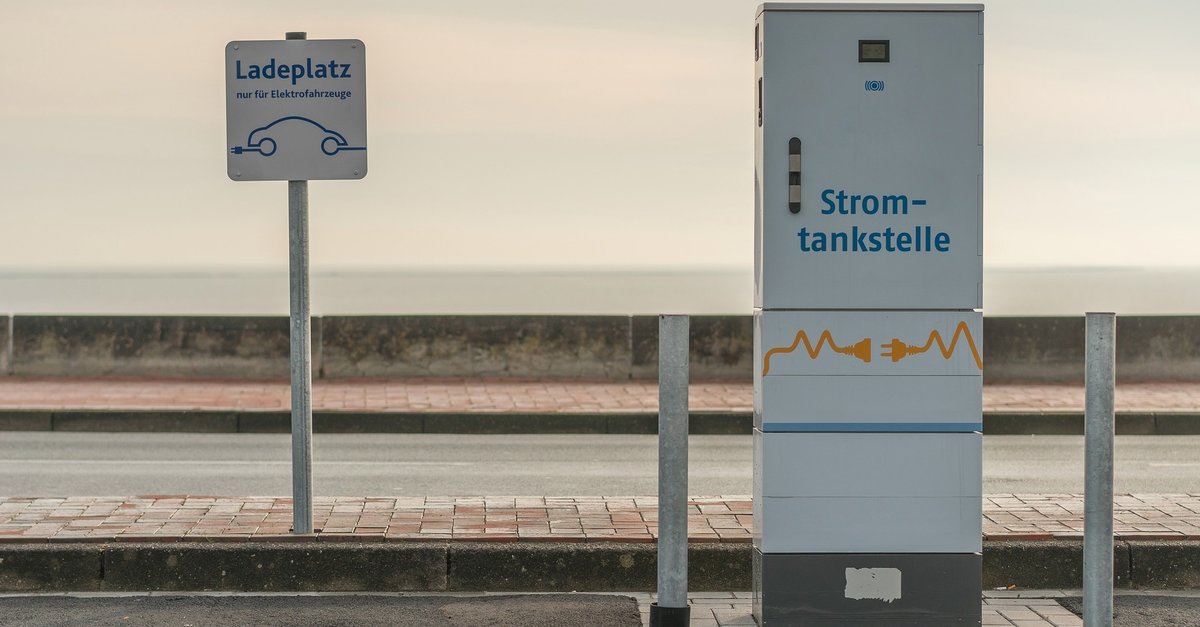E-car drivers pay too much electricity
Anyone who drives an electric car depends on a good charging infrastructure. But there is billing chaos at thousands of German charging stations. The reason is known that the grievance is not being remedied, speaks volumes.
E-car drivers pay extra: the downsides of quick set-up
Thousands of charging stations in Germany are illegal. But the automotive and energy industries as well as the state are looking the other way. The chaos at the charging station can build up every time the new electric car is charged negatively affect the price. The only alternative, however, would be to build up the charging infrastructure much more slowly.
Reason for the problems: Many fast charging stations are not independently calibrated. Actually, the difference between the amount of electricity paid for and the amount of energy actually charged should only be 1 percent. But so far, many providers can only dream of such a low fault tolerance (source: Handelsblatt).
This would require more accurate electricity meters than were previously installed in fast charging stations. Standard fast charging stations are legal in Germany only from four providers confirmed: ABB, Porsche, Compleo and Alpitronic. Other providers such as EnBW, Ionity or Tesla do not meet the legal standard.
Not calibrated charging stations are to blame for expensive charging stops
The problem: If e-car drivers refuel at a non-calibrated column, they can hardly be sure how much of the electricity paid for will actually arrive in the vehicle’s battery. When asked, several manufacturers told the business newspaper that charging losses could not be avoided. But calibration guarantees that only what the e-car actually charges is paid for.
The Federal Ministry of Economics (BMWi) explains that depending on the federal state between a third and a quarter of the charging stations not calibrated is. The example of ABB makes it clear that manufacturers have work to do. For a few months now, their products have been deemed to be compliant with the law. All of the around 2,000 rapid charging stations that were previously set up must be retrofitted.
Switching to electric cars is not always easy. Common mistakes like in Video it doesn’t also need:
But there is no rush, because the state examination turns a blind eye – in favor of the rapid development of the charging infrastructure. If you insist on calibrated (fast) charging stations from the start, “The charging infrastructure in Germany would collapse”, says Thomas Schade from the Bavarian State Office for Weights and Measures.
The hope is that all fast charging stations will be retrofitted or replaced by mid-2022. Until then, the BMWi recommends discounts or even to deliver electricity to affected columns free of charge. This is also what the Federation of German Consumer Organizations demands, but only in a few exceptions is this actually done. It is true that e-cars are unrivaled in terms of price, but in the end it is the e-car drivers who pay for the procedure – after all, they can charge at all.



